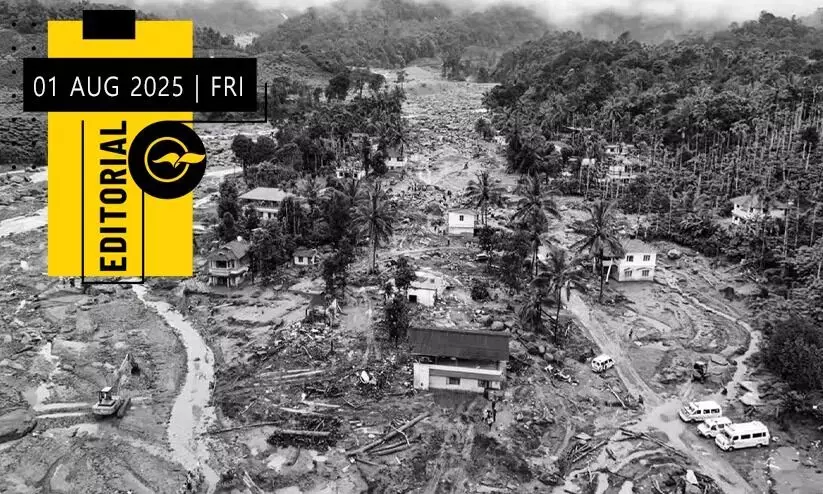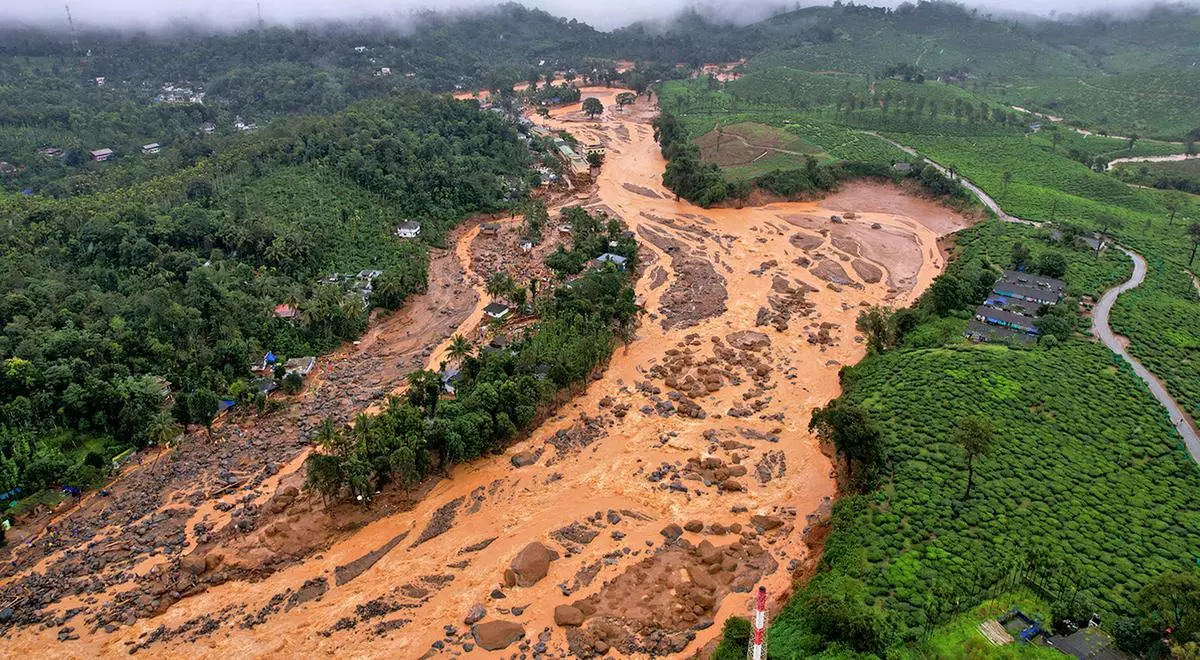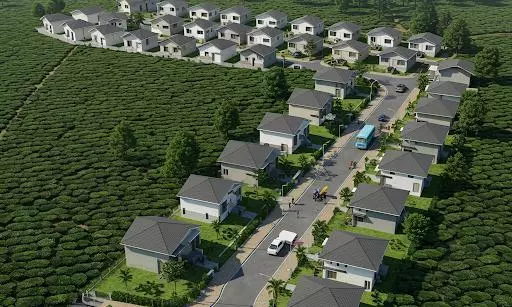
Lessons memories of landslide tragedy should teach
text_fieldsOne year has passed since the landslide in Mundakkai-Chooralmala, Wayanad, one of the most devastating landslides in India’s history. Nearly a thousand families, who had found joy and livelihood in farming, small businesses, and various trades across three villages, saw their dreams and hopes swept away in that catastrophic deluge. But have we succeeded in reclaiming what was lost? After such a major disaster, have the survivors been able to return to life with hope, or are they still trapped in the depths of despair? Do we, as a society, now have a clear roadmap to both prevent and recover from such recurring disasters? Over the past few days, the media, political leaders, and academic experts have been raising these very questions and seeking answers. As leaders and officials visiting Wayanad for the anniversary return from the hills, the least they owe the victims is not to abandon these crucial questions.
Every disaster management and rehabilitation plan must be designed with due regard for the dignity and self-respect of the survivors. The compassion and solidarity shown by Keralites during disaster rescue efforts are exemplary by even global standards. That empathy and kindness hold enough strength to stand against any landslide. It was this spirit of compassion, beyond government schemes, that provided both support and comfort to the people of Chooralmala. For those excluded from this due to technicalities, it was the selfless actions of volunteer groups that offered a ray of hope. However, in the process this also masks the glaring weaknesses in our institutional mechanisms. These shortcomings often crush the dignity of the victims and turn their lives into a continuous struggle. It is deeply unfortunate that, once again, Wayanad and Vilangad witnessed disaster survivors being forced to bend before officials and those in power. In Kunhome, Wayanad, aid was denied to the parents of Kushal, who lost his life in a landslide simply on the technical grounds that they were from Nepal, a foreign country. Those who lived in the farmlands around Chooralmala whether as tenants or daily wage workers still remain excluded from compensation. Rehabilitation should not be restricted to just rebuilding homes or distributing rations during rescue operations. It must be a comprehensive, humane initiative that addresses the deep economic and social inequalities that disasters tend to expose. There is a pressing need for legal reforms in Kerala that attach great value to the lives and property of disaster victims, turning compensation into a rightful entitlement. Only when people recognise that rehabilitation is not a charity offered by the authorities but a rightful claim, can communities face such catastrophes with dignity and self-respect.
Recognising that Kerala is one of the world’s most vulnerable hotspots for climate change is the first crucial step toward surviving natural disasters. More than the actions of governments or policymakers, it must be acknowledged that the people have remained largely indifferent to this growing crisis. Even as we continue to face repeated natural calamities, there is a noticeable lack of urgency in how climate change is factored into new development plans or long-term visions for the state's future. Cyclones and intense rainfall, caused by low-pressure systems forming over the Bay of Bengal and the Arabian Sea, have now become common. Experts have warned that cloudbursts and minor tremors are severely affecting the Western Ghats, weakening the mountain ranges. Of the 3,782 landslides that occurred between 2015 and 2022, a staggering 2,239 took place in Kerala alone. In 2018, Wayanad witnessed over 330 landslides, both minor and major. There is an urgent need to revisitthe state’s development strategies, industrial and agricultural ventures with a strong focus on the fragile ecological balance. From the stage of policy planning to disaster relief and rehabilitation, a deep understanding and acknowledgement of nature’s instability must guide our actions. Survivors from Chooralmala, reflecting on a year of hardship, offer a stark lesson: the time is long past to launch a statewide “mission” for environmental protection, disaster preparedness, and survival training.















